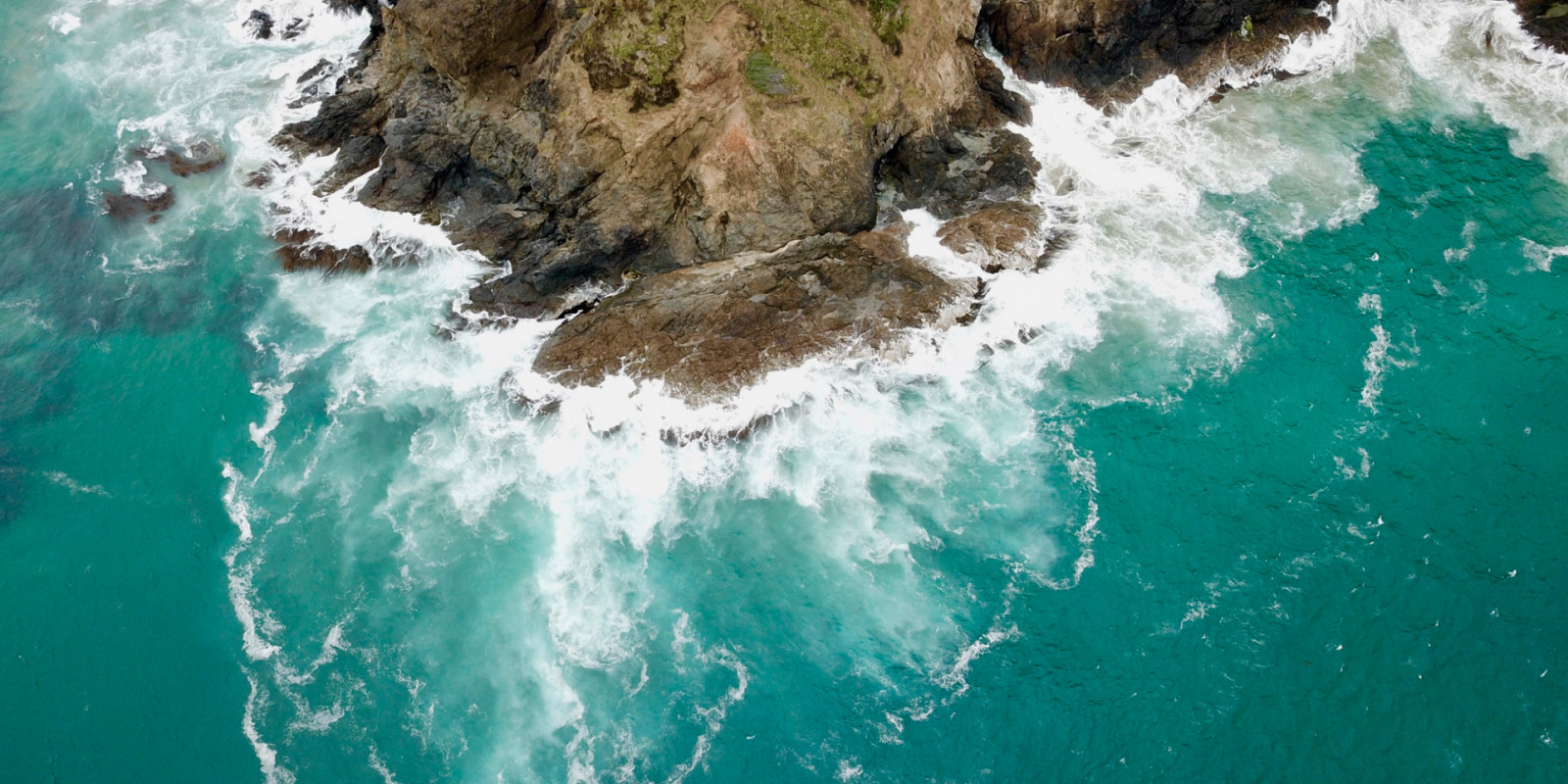- Academic publication
Indigenous environmental justice within marine ecosystems: A systematic review of the literature on indigenous peoples’ involvement in marine governance and management
Parsons M, Taylor L and Crease R (2021). Sustainability 13(8), 4217.
Open access
Key points
- Globally, Indigenous peoples experience many different types of environmental injustice linked to existing marine governance and management
- Indigenous communities are often marginalized and excluded from decision-making procedures in regard to the establishment and operation of marine protected areas
- Governments, scientists, practitioners and academics often fail to recognise specific Indigenous groups (nations, tribes, and communities) intergenerational relationships with and authority over their lands, waters, and seas
- There is limited research into how Indigenous knowledge is incorporated into different marine governance, management, and planning regimes in different areas of the globe, and how IK can contribute to improved social and ecological resilience
- Limited research currently exists that examine the environmental justice implications of collaborative marine governance and management approaches, including ecosystem-based, for Indigenous peoples
Keywords
Indigenous people; environmental justice; marine governance; ecosystem-based management; marine protected areas; marine spatial planning; co-governance and co-management; Indigenous Knowledge; food security; Indigenous fisheries
Summary
We applied a systematic review methodology to identify and understand the ways in which the peer-reviewed academic research literature characterises Indigenous peoples’ involvement in marine governance and management approaches in terms of equity and justice around the globe.
We reviewed the peer-reviewed English-language research articles for examples of Indigenous peoples’ involvement in marine governance and management using the analytical lens of environmental justice.
The majority of studies highlighted that Indigenous peoples experienced some form of environmental injustice linked to existing governance and management approaches, most notably in the context of inequitable decision-making processes within marine spatial planning and marine protected areas.
A small but growing body of research suggests that collaborative co-governance and co-management approaches, including ecosystem-based management, can address Indigenous environmental justice through greater recognition of Indigenous knowledge and procedural equity.
However, there are large gaps in the current peer-reviewed literature on Indigenous peoples’ participation in marine and coastal management, planning and governance regimes across Asia, Russia, the Arctic, and Africa.
